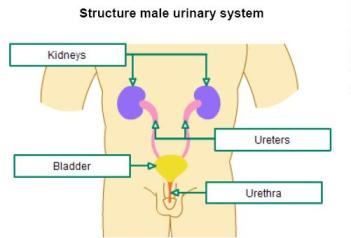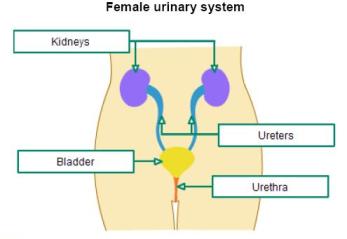Acupuncture and the Urinary System

The urinary system is highly sterile and bacteria-free. A urinary tract infection (UTI) occurs when bacteria invade the urinary system and multiply.
There are THREE TYPES of urinary tract infections:
- urethritis: which is an infection of the urethra
- cystitis: which is an infection of the bladder
- pyelonephritis: which is infection of the kidney
An infection that moves into the kidneys can become life-threatening. Often, bacteria from the bowel can enter the urinary tract through the urethra which can cause an infection.
UTI’s are a common health problem affecting millions of people each year. It is believed that because the urethra is shorter in women, bacteria can enter the urinary system easier than in men, and between 20% and 50% of all women will experience at least one UTI in their lifetime.
Acupuncture and Chinese herbal medicine is very effective for the treatment of bladder infection or cystitis, which is commonly referred to as Urinary Tract Infection or UTI.
A very common condition treated with acupuncture, the problem evolves when the urinary bladder or urethra becomes inflamed due to bacterial infection. Over 90% of cases of cystitis are caused by E. Coli bacteria, which enter the urethra and bladder causing the inflammation and infection.
 Normally, the urethra and bladder do not contain bacteria because bacteria that enter the bladder are usually removed during urination. But if the bacteria remain in the bladder, they can easily grow and quickly lead to infection.
Normally, the urethra and bladder do not contain bacteria because bacteria that enter the bladder are usually removed during urination. But if the bacteria remain in the bladder, they can easily grow and quickly lead to infection.
Mild cases of UTI can resolve spontaneously without any need for treatment. However, there is a high risk of infection that spreads to the kidneys so treatment is recommended. If the infection spreads upwards to the kidneys giving rise to kidney pain, back pain, flank pain, abdominal pain and pain that radiates downwards to the thighs and groin, then the condition may have progressed to become acute pyelonephritis or UPPER urinary tract infection. Cystitis is LOWER urinary tract infection.






